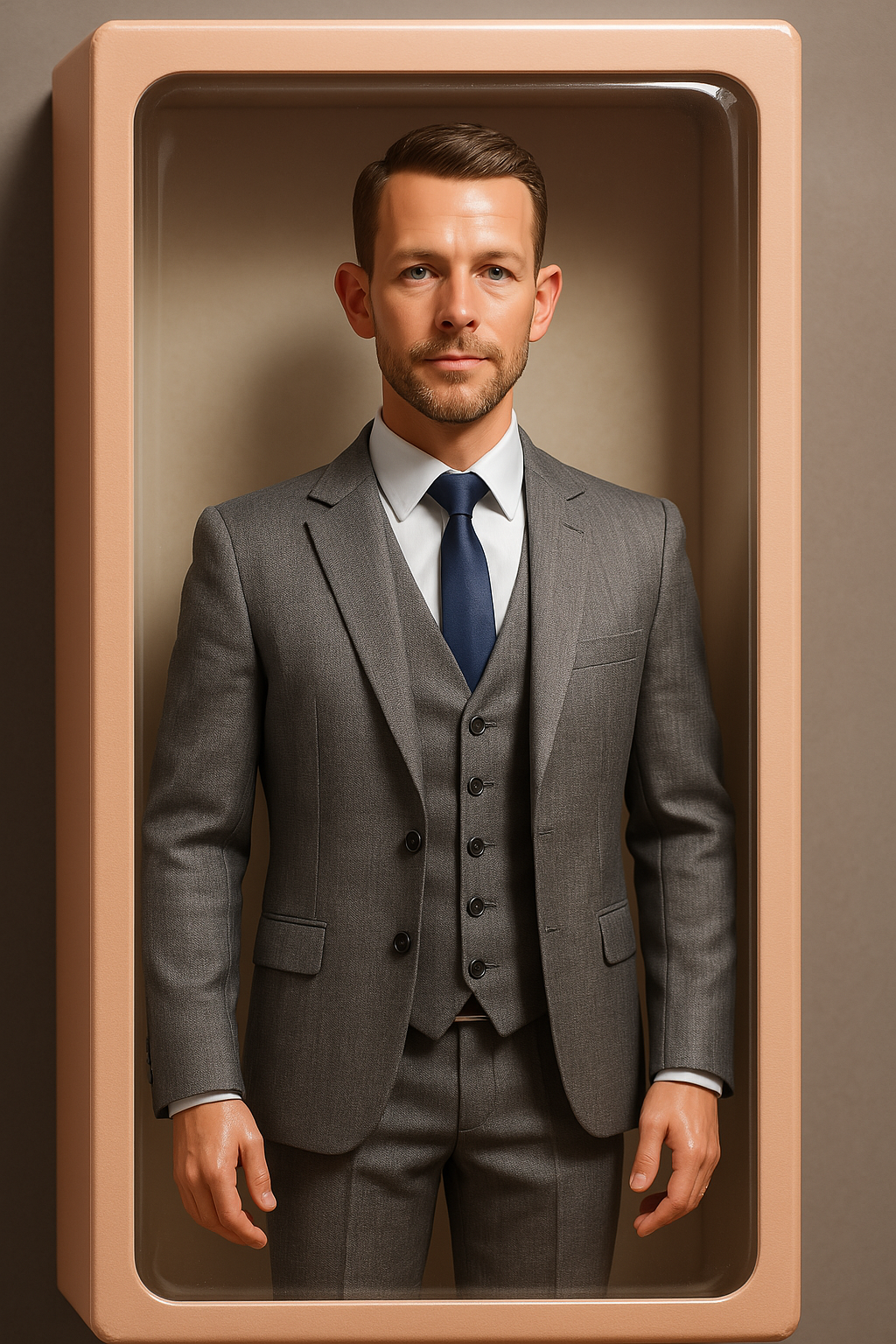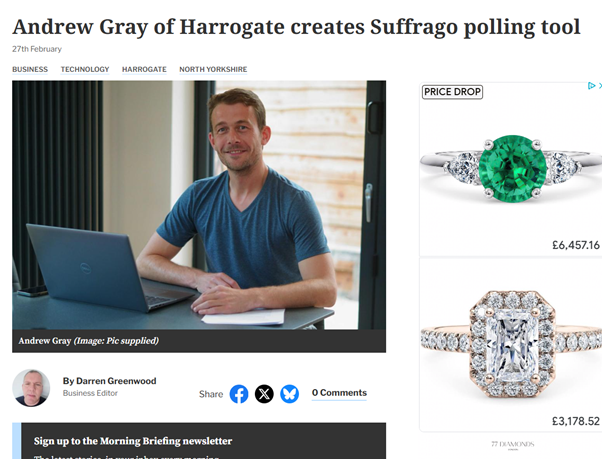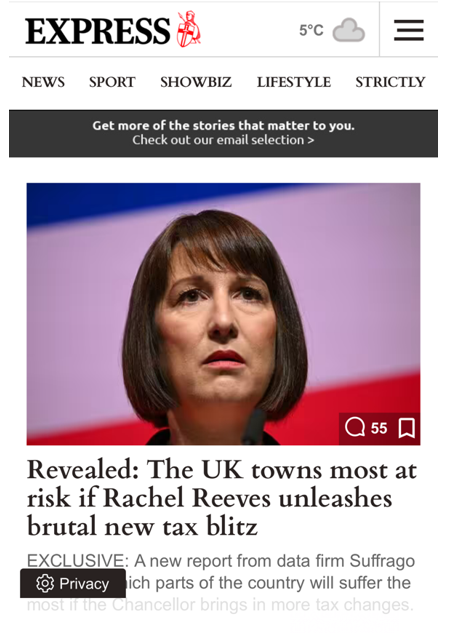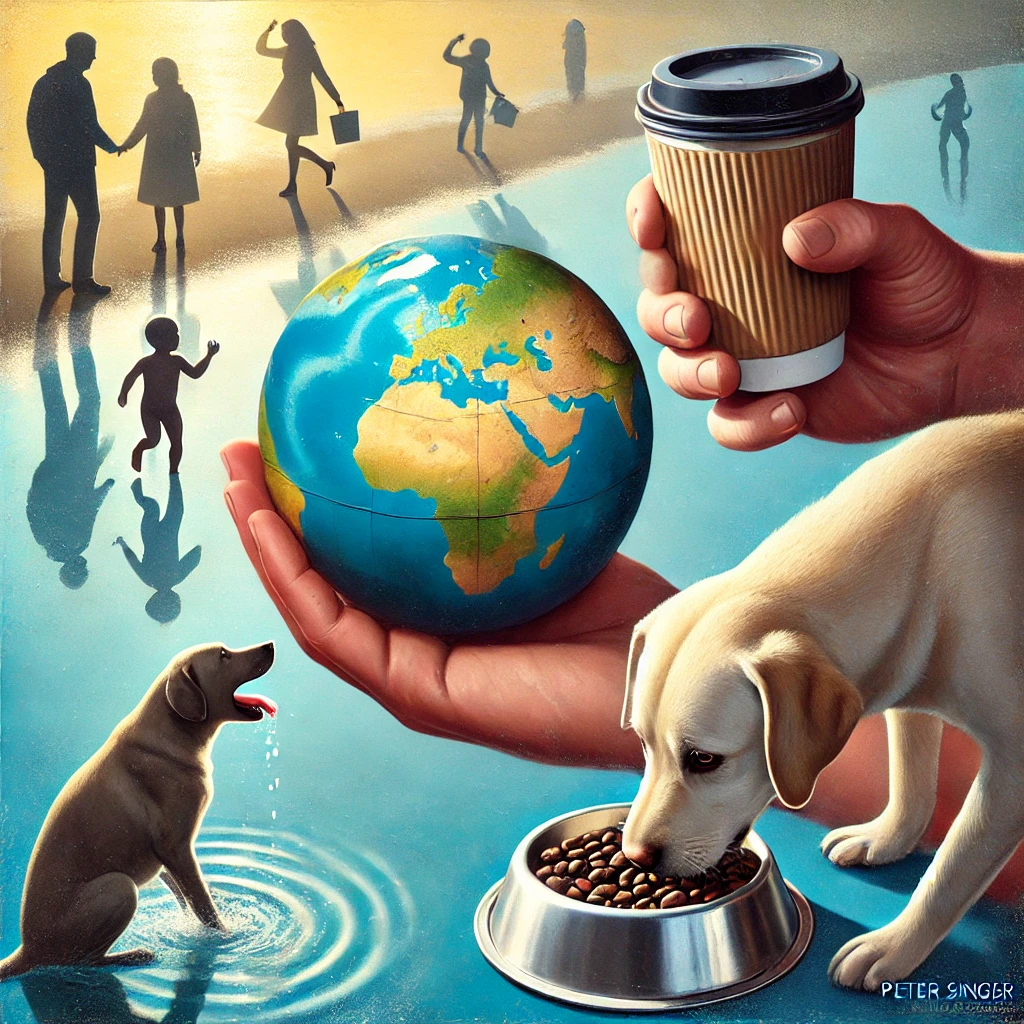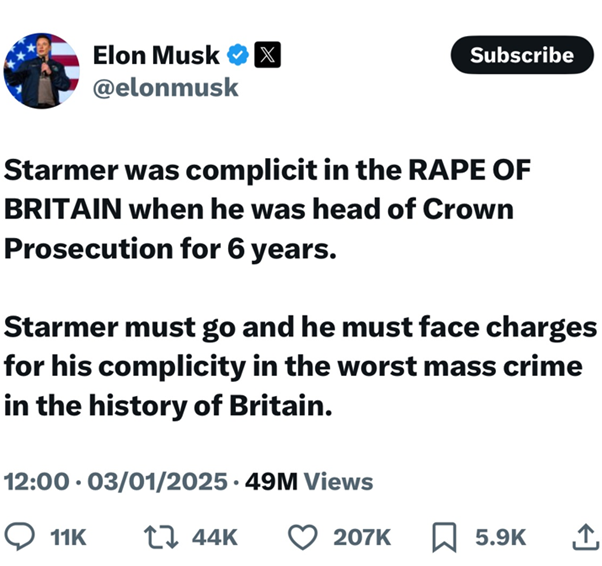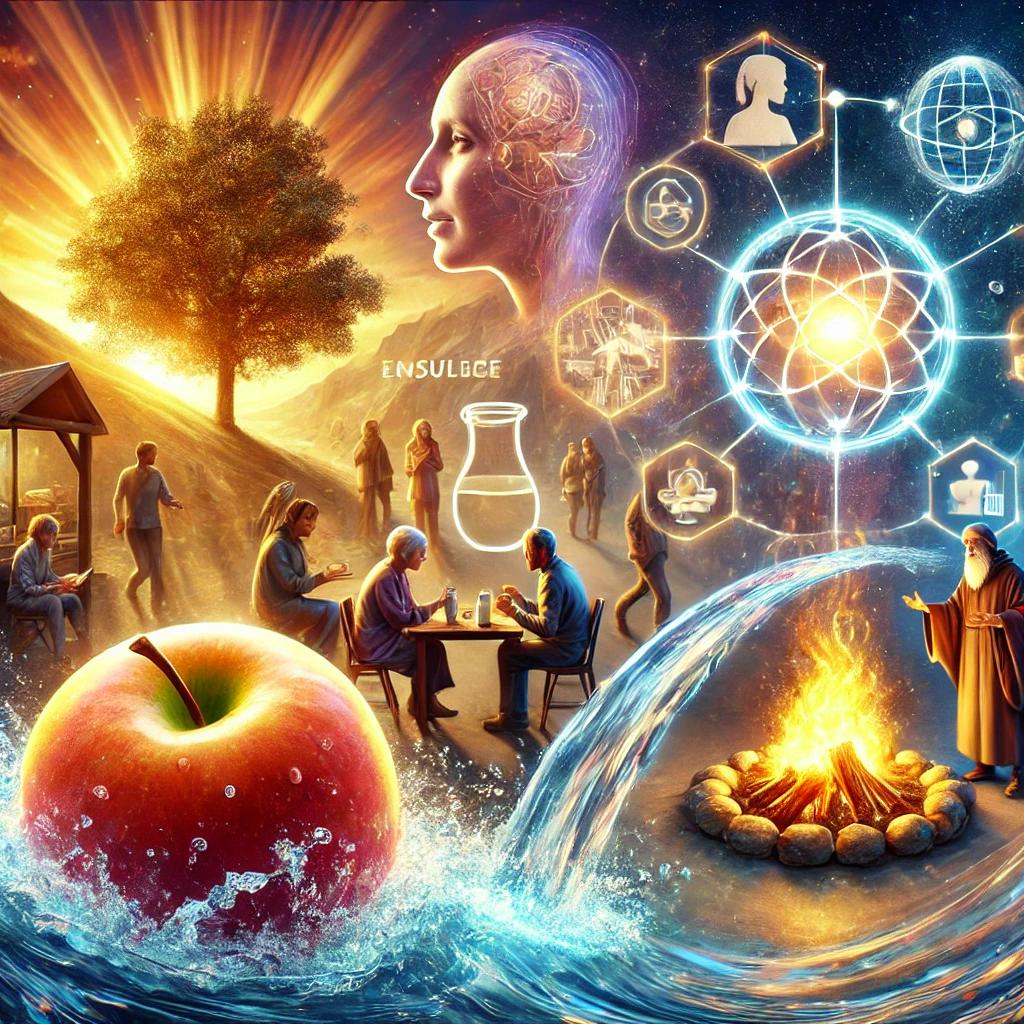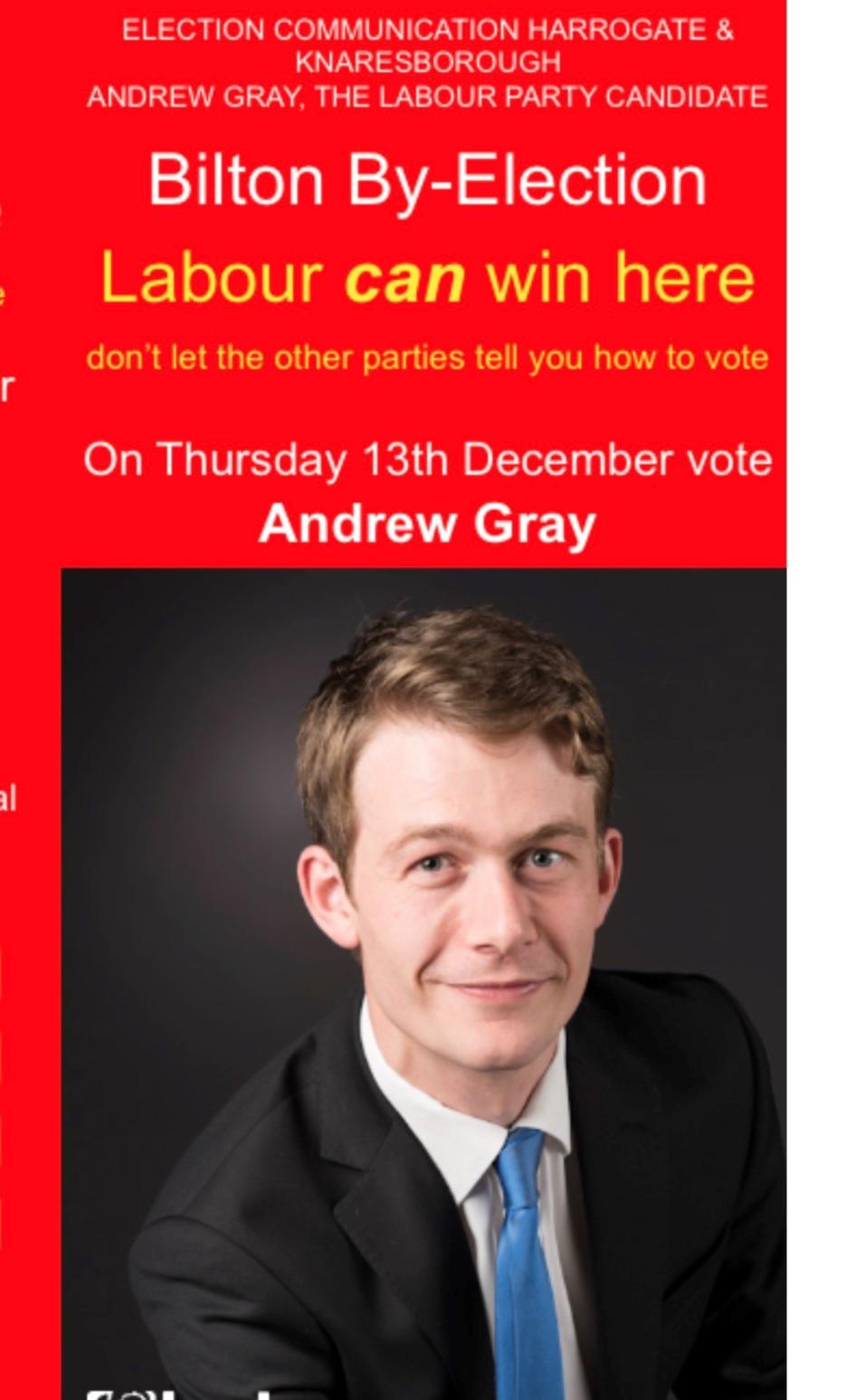Chronic conditions are the hardest to treat – as the prophetical Seth Godin just blogged here – simply because we don’t pay them sufficient energy. This is not just true of medicine but for all realms. Covid’s acuteness trumps the existential chronic-ness of climate change. Chances are, we will die from a chronic condition, rather than an acute one.
Suffering from a chronic health condition requires the patient to become their own advocate; their own post-doctoral research fellow, too. Few people have the skills, time and money to do that effectively. Oh, and luck – you need vast amounts of that, too, should you want to make any progress. And the bloody mindedness to challenge and push the medics.
If we were to start from scratch and ask ourselves – how should we provide healthcare in 2021 and, of course, how should we provide pre-healthcare, so that fewer require acute interventions? – then we would not design what we have. “Time to return to the drawing board” would be apt, had the drawing board ever been used in this case. Time to buy one.
……………………………………………………………………………………………………………………………………………………………….
I have the YouTube algorithm to thank for recently introducing me to British philosopher, Alan Watts. Long since dead, Watts studied the Eastern traditions, leaving numerous voice recordings of his musings. This one moved me. In it, he tells the story of a Chinese farmer.
Elegantly, Watts says:
“Once upon a time there was a Chinese farmer whose horse ran away. That evening, all of his neighbours came around to commiserate. They said, “We are so sorry to hear your horse has run away. This is most unfortunate.” The farmer said, “Maybe.” The next day the horse came back bringing seven wild horses with it, and in the evening everybody came back and said, “Oh, isn’t that lucky. What a great turn of events. You now have eight horses!” The farmer again said, “Maybe.
The following day his son tried to break one of the horses, and while riding it, he was thrown and broke his leg. The neighbours then said, “Oh dear, that’s too bad,” and the farmer responded, “Maybe.” The next day the conscription officers came around to conscript people into the army, and they rejected his son because he had a broken leg. Again, all the neighbours came around and said, “Isn’t that great!” Again, he said, “Maybe.”
Wise farmer. Wise Watts.
Being ill, perhaps permanently so, is – I tell myself – a “maybe”: neither good nor bad. Contained in that simple logic there is immense hope.
Watts’ story reminded me of the key learning point in the harrowing Man’s Search For Meaning by Victor Frankel. Holocaust survivor and psychotherapist, contemporary of Freud, Frankel explained that man needs purpose in order to survive any horror – well, to psychologically survive at any rate. After all he endured, Frankel would know. My hope is undiminished; more possibilities have opened up in my mind.
……………………………………………………………………………………………………………………………………………………………………
This week, my awesome Quaker friends delivered a signed Get Well Soon card, of sorts. Well, our Quaker version of the Get Well Soon card. In it, the card reads: “Thinking of you all during this time of change.” Gorgeously put: thanks everyone! A “maybe”.
Purchased from the Woodlands Trust, (as of course a Quaker card would be), the front cover depicts an enchanting path, leading through some woodlands in the summer: a journey has commenced. It’s as if my friends knew what I was thinking this week.


